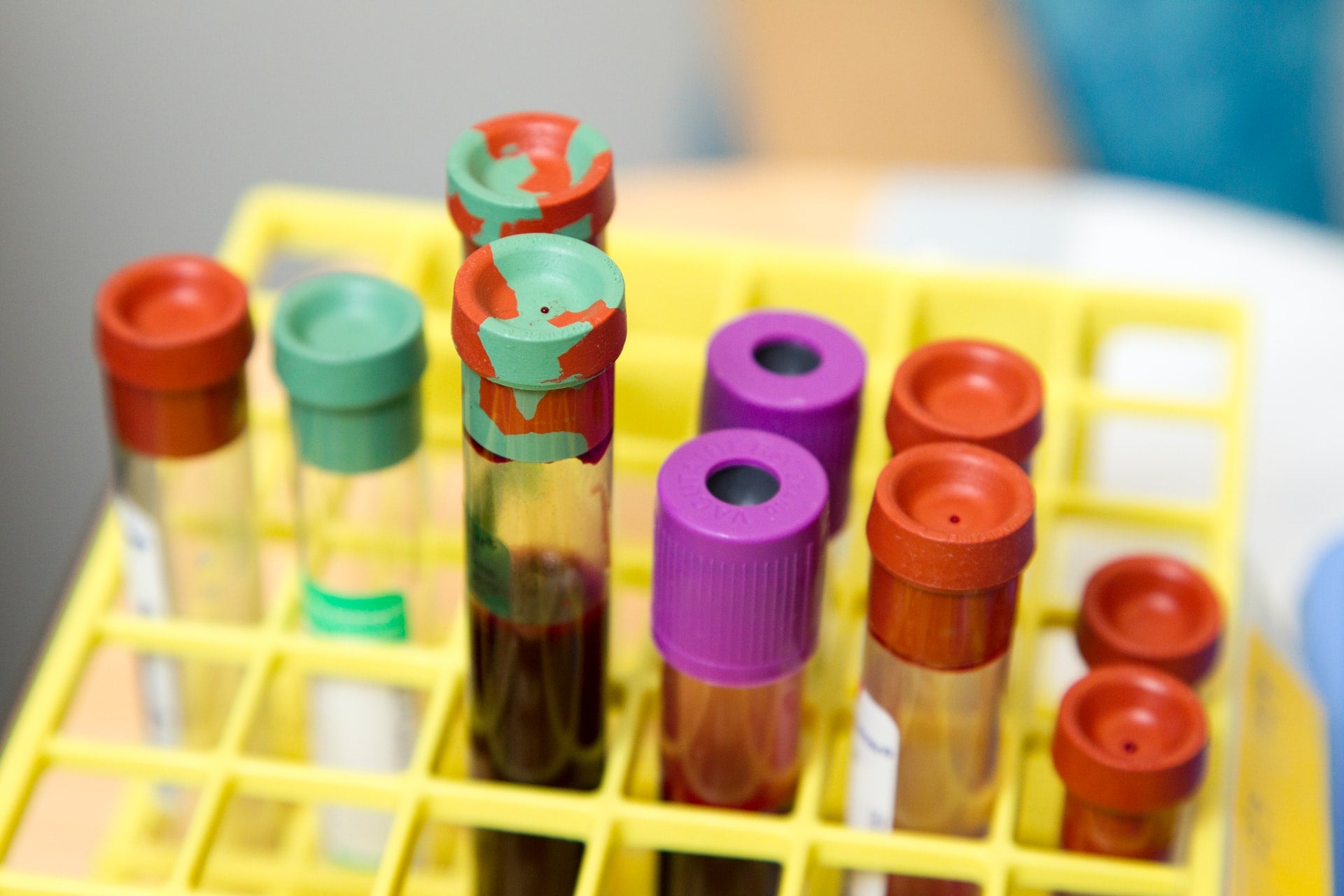
MYND Life Sciences’ subsidiary MYND Diagnostics has begun a clinical study on the use of its proprietary biomarker test in Multiple Sclerosis (MS) diagnostics.
In this study, the anti-inflammatory peptide (MAP) biomarker test will be validated for diagnosing and monitoring MS.

Discover B2B Marketing That Performs
Combine business intelligence and editorial excellence to reach engaged professionals across 36 leading media platforms.
Blood samples from MS patients will be collected and assessed for the MAP presence against control samples.
The clinical research is scheduled to begin in the first quarter of next year.
MYND Life Sciences CEO Dr Lyle Oberg said: “According to the National Multiple Sclerosis Society, at this time no symptoms, physical findings or laboratory tests can, by themselves, determine if you have MS.
“This makes MS such a challenging disease to diagnose; the wide variance of symptoms can make early detection difficult.

US Tariffs are shifting - will you react or anticipate?
Don’t let policy changes catch you off guard. Stay proactive with real-time data and expert analysis.
By GlobalData“It is our goal through MYND Diagnostics’ clinical validation study targeting MS to provide health care practitioners with an objective diagnostic aid to help discover MS earlier and monitor treatment progress or regression.”
The company expects to submit an application to the US Food and Drug Association (FDA) for approval of the MAP biomarker test in the second half of next year, which would allow it to be made available to the public through healthcare providers.
MYND Life Sciences intends to help health care providers by offering a tool that can monitor and improve patient outcomes through personalised treatments.
Last month, MYND Life Sciences announced the formation of MYND Diagnostics to commercialise biomarker diagnostic tests for patients suffering from major depressive disorder, treatment-resistant depression and other inflammatory disorders of the central nervous system.





